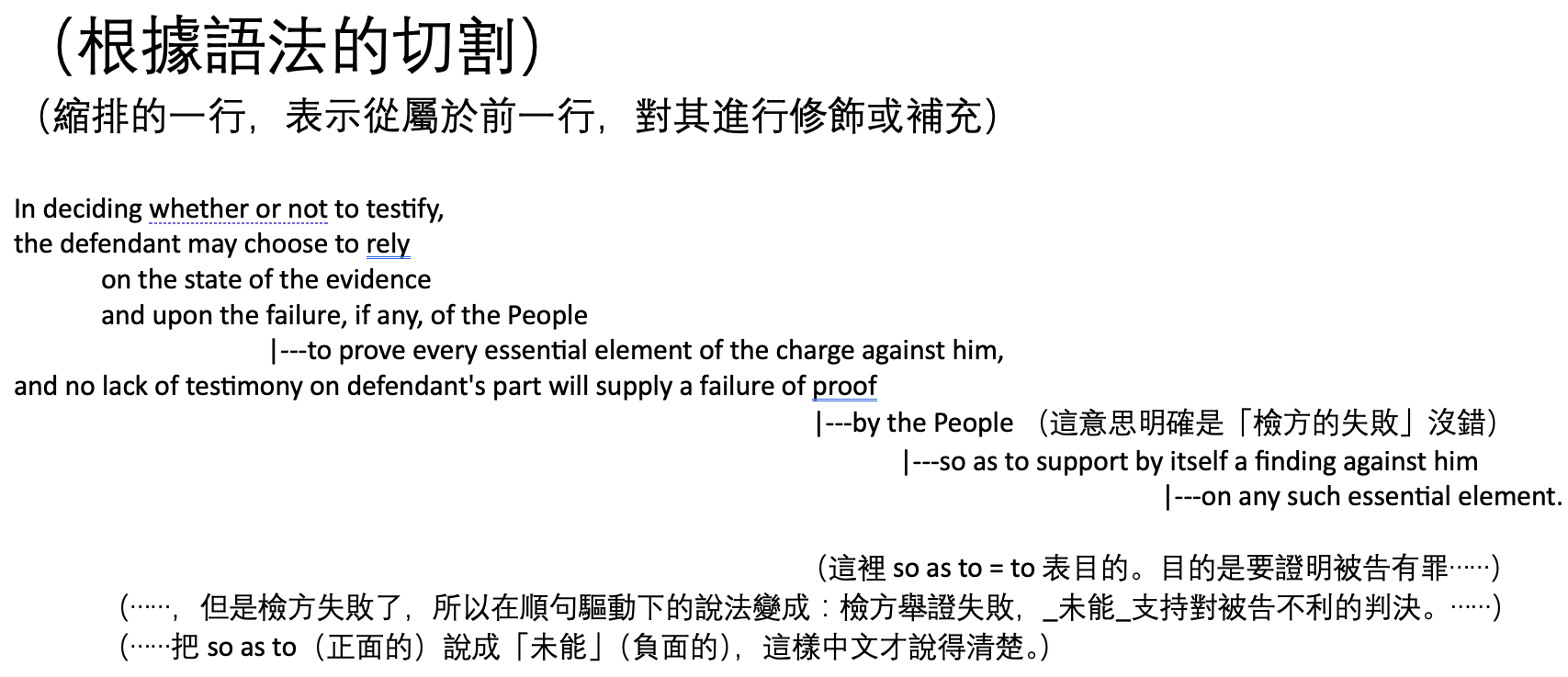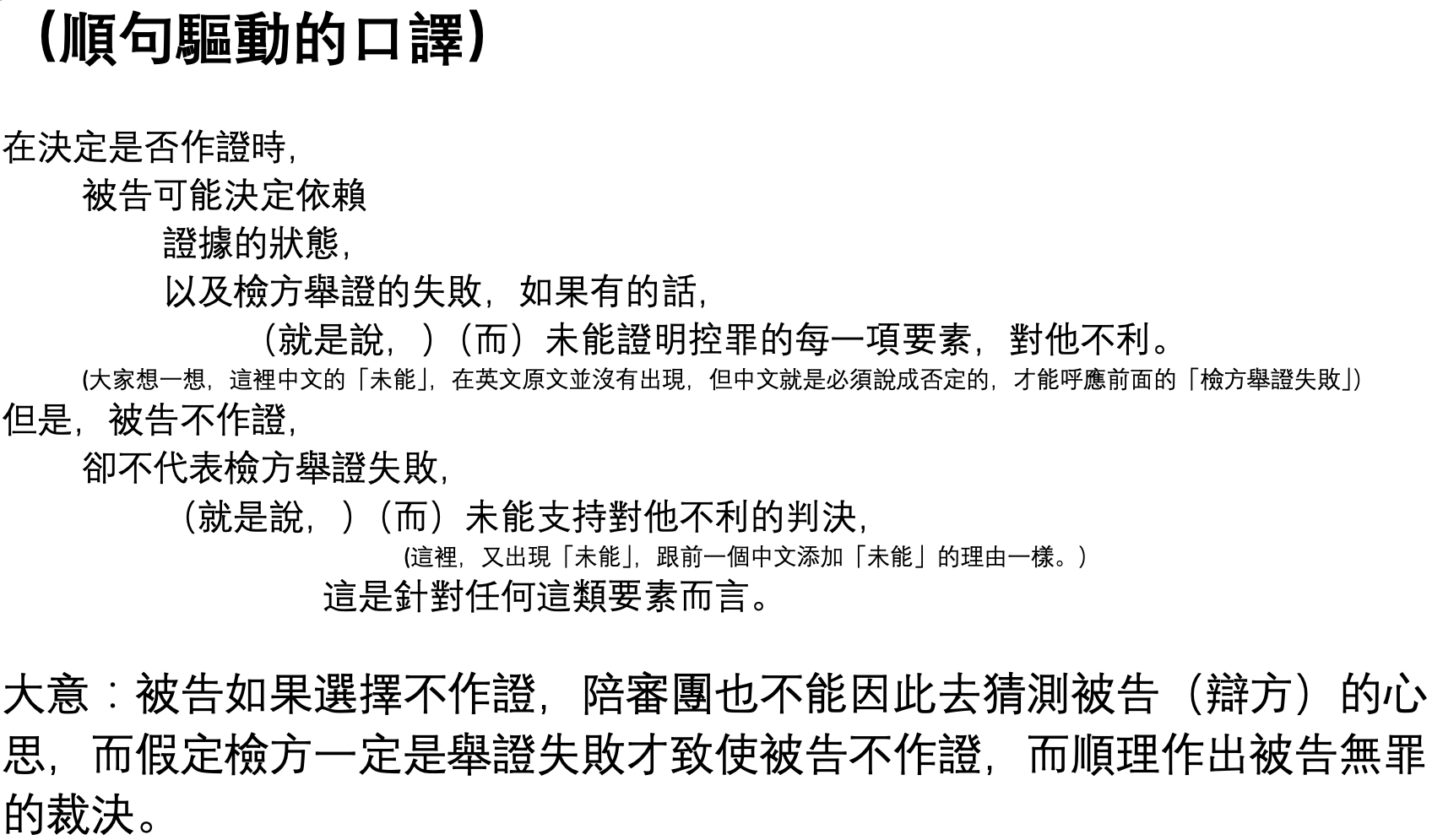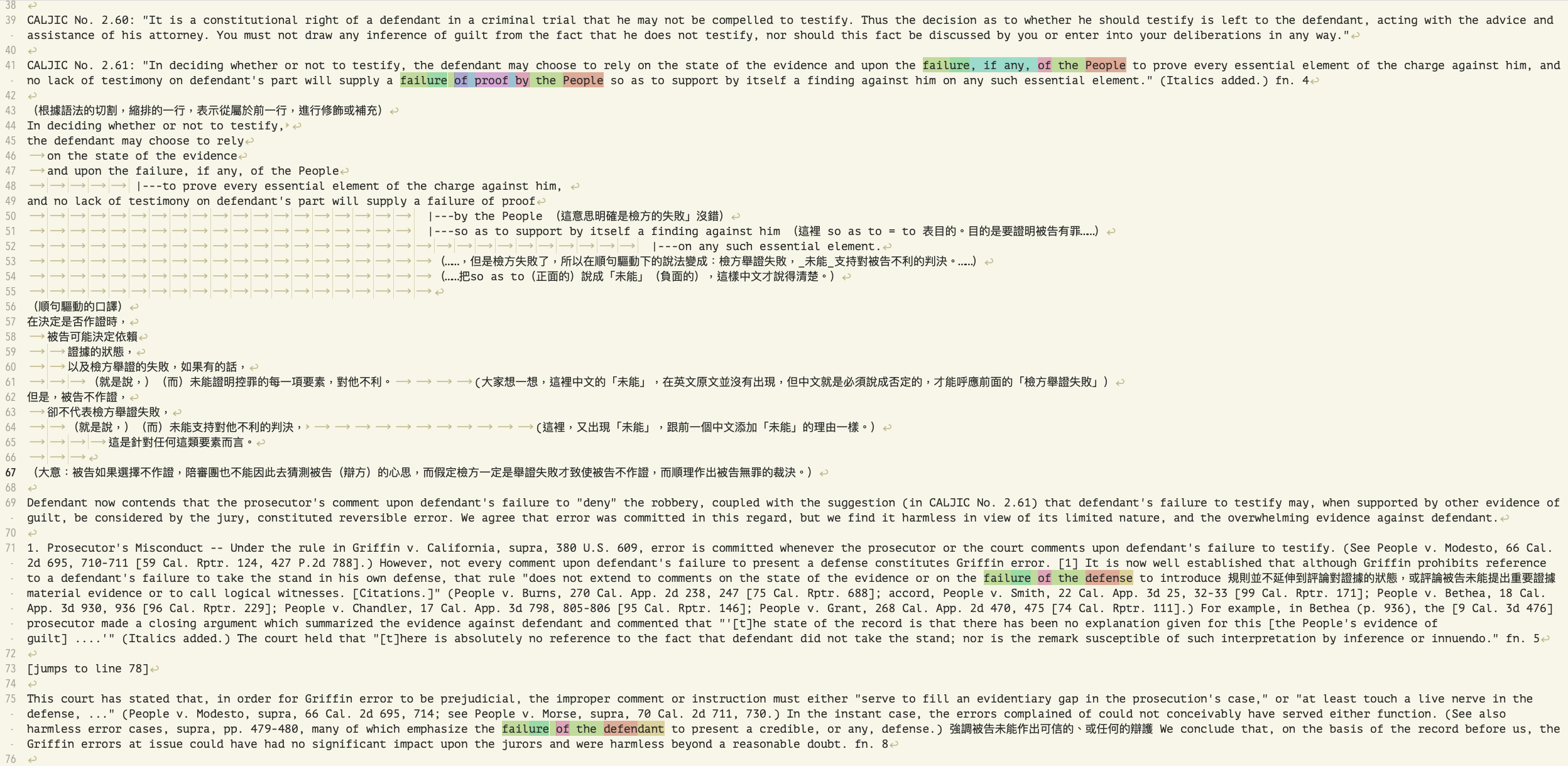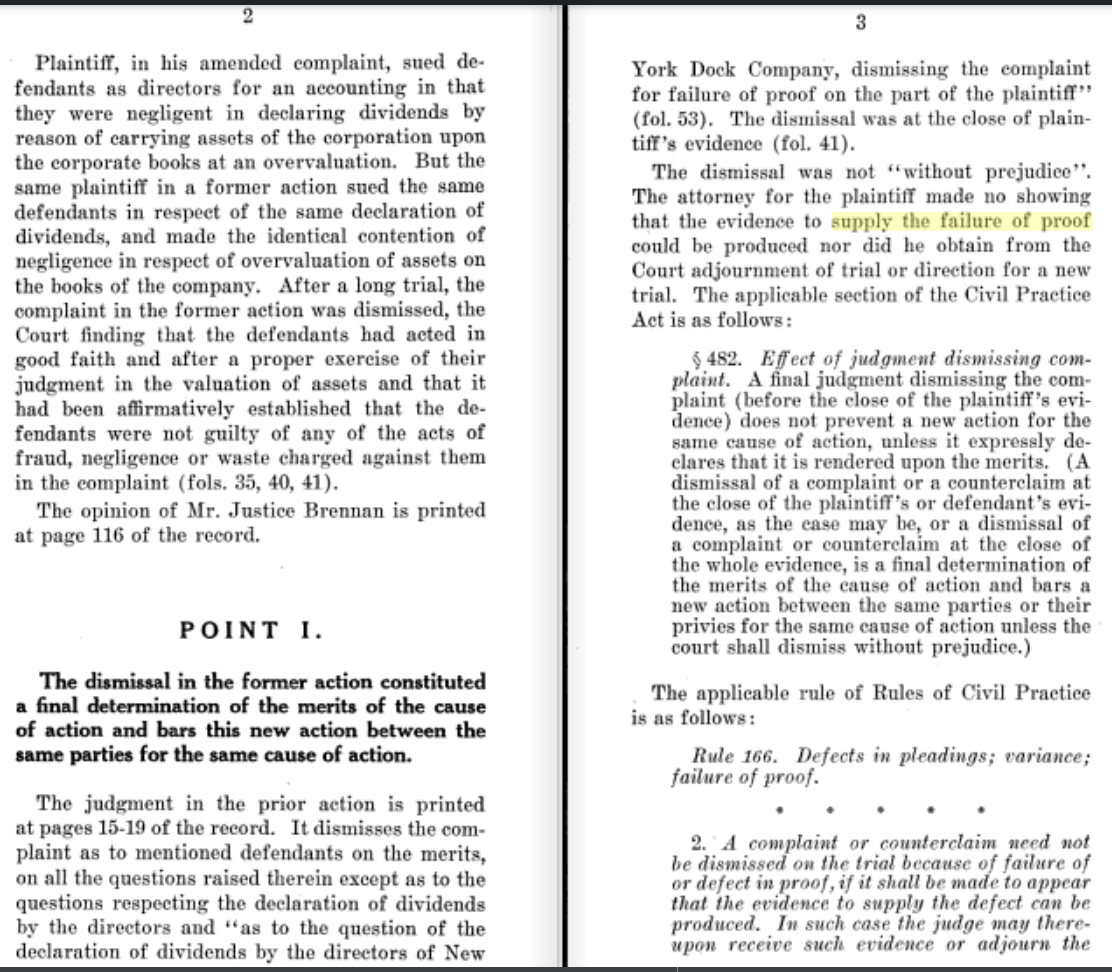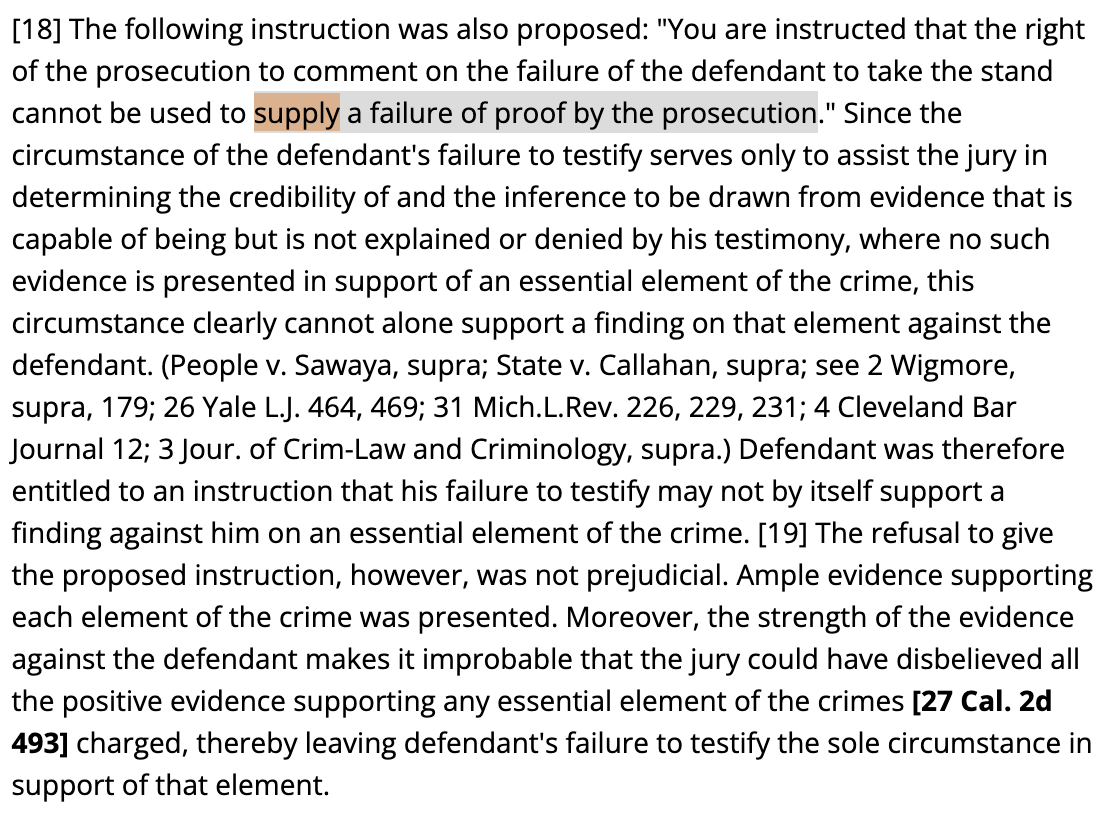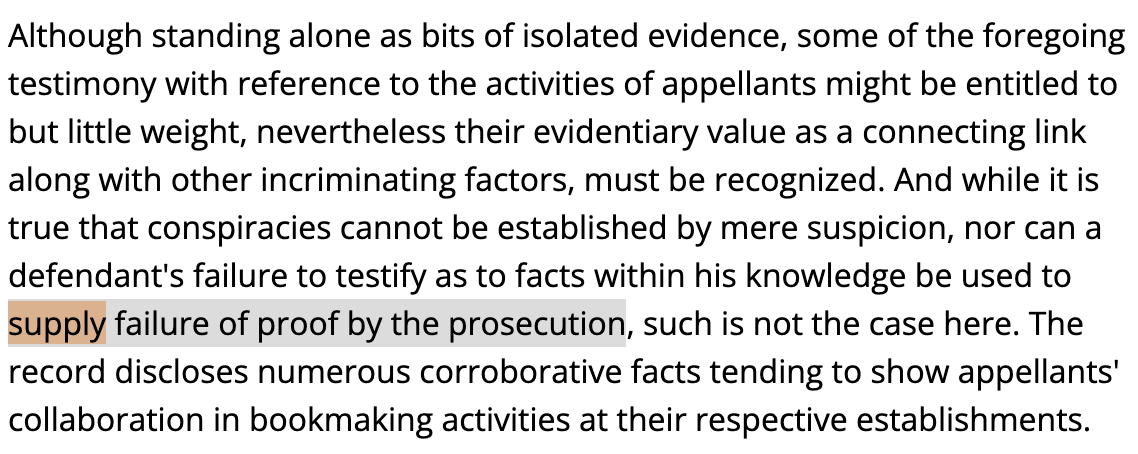Mistranslations from miscomprehension
I have for a long time been interested in this topic. From as far back as I can remember, I noticed easily mistranslations due to the translator's miscomprehending the source text, usually from a lack of grammatical competency. Everywhere I looked, such errors abound.
Translation is hard work. I get it. That's why I don't do it any more except as a necessary part of an interpretation assignment. I would hate to keep needing to perfect word choices in my renditions.
In my opinions, such errors of miscomprehension expose a structural problem in Taiwan's English education. Most "translators" only have a smattering of knowledge in the grammar of the source language. Here I will limit my discussion to English.
I simply don't have the time to critique all such translation mistakes arising from miscomprehension, but I want to mention someone who seems to be doing an excellent job of exposing such issues. I stumbled upon this person, known by the username/handle of 'decorum,' on a popular discussion forum called PPT (批批踢). I don't even know if decorum is a he or a she. It doesn't matter. What I admire about decorum is that he/she exhibits expert understanding of the English grammar, and has a fine knowledge of Chinese as well.
Below is a post by decorum, discussing the mistranslations (mostly from miscomprehension) of a book on history, published in Taiwan a few years ago. If you take pains to read it as I did, you'll appreciate the OP decorum's depth of translation critique. I have not seen anything more masterful than this, so I wanted to share this gem of a critic with whoever may be reading this. Enjoy!
Re: [短評] 《1917 列寧在火車上》
看板
book
作者
decorum (當時明月在)
時間
11月前 (2022/06/22 21:36)
推噓
7(7推 0噓 10→)
留言
17則, 9人參與, 11月前最新
討論串
2/11 (看更多)
原作出來不久我就讀了,因為當年是俄共革命百週年,
這本書得到幾個書獎,頗受矚目。後來在圖書館架上看到中譯本,
隨意翻看了幾章,只憑著還算新鮮的記憶,就發現些離譜的錯誤,
隨手放回架上,沒多注意譯者的背景。
最近聽說 Ivan's War 也出譯本了,還是這個譯者操刀,心想不妙。
又讀到新書在網路上的摘譯,有些毛病一脈相承,才去查譯者的資料,
驚恐發現:
梁永安居然是有百本以上譯本出版的譯者,而且獲得各界稱譽!
這就不能不說幾句話了。
----
首先,最讓我不解的是譯者的文法功夫不扎實,好像是接觸不良的電器,
明明運作好好的,突然就停擺了:
----
The political machinery had completely stalled, sabotaged by the tsar, his
empress and what some now saw as a complex German plot to undermine Russia
itself.
政治機器已經因為沙皇的搞破壞而完全停擺,而他的皇后現在則被認為是徳國想要動搖俄羅斯的複雜陰謀的一部分。
這是A, B and C的連接詞句型。破壞俄國政治機構運作的有三:
沙皇、皇后、據信是德國的顛覆陰謀;翻譯卻把後兩個攪和成一塊兒。
雖然皇后和德國的關係一直讓許多俄國人疑心,但這裡卻是分開來說的。
----
He ignored or actively spurned the Duma while stuffing the upper house, the
Council of Ministers, with people so talentless that they were almost
comical.
他忽略或積極踐踏杜馬,又在上議院和部長會議中大量安插讓人笑話的無能人物。
the upper house, the Council of Ministers 是同位語,
上議院即是部長會議。譯文卻把它當兩個機關。
----
文法不通造成的毛病,在「伊凡的戰爭」更嚴重:
----
If he had died, as millions did, his loved ones and his comrades would have
grieved, but there would never have been swearing, smoking, stench or guts.
如果他竟會像其他千萬人一樣死去,那麼他的親人和同袍將會感到悲傷,但你絕對不會看見他講粗話、抽菸和挑出敵人的內臟。
stench 「惡臭」沒翻出來,指長年混跡於衛生條件極差的壕溝造成的惡臭,
也指死後的屍臭。
更大的問題在「挑出敵人的內臟」。
gut當動詞時確實是「挑出內臟」的意思,但在這裡須用動名詞gutting來表示。
作者用的是名詞guts,「外漏的腸子」,說的是「伊凡」肚破腸流的慘狀,
不是他挑出敵人的內臟。
----
As ever, he could see the humorous side of an ambitious plan. ‘You wrote
Life and Death or whatever it was,’ he commented. ‘Now you want to
write War and Peace.’
一如既往,他看得出來一個雄心勃勃的計畫有多可笑。「你想要寫《生與死》
或諸如此類的題目。現在你變成是要寫《戰爭與和平》。」他說。
wrote 表示已經寫完了,指的是作者之前出版的 Night of Stone.
並不是原本要寫《生與死》,卻變成是要寫《戰爭與和平》。
----
For cinema-goers who preferred to look forwards, another film, Efim Dzigan’s
If There Is War Tomorrow, also released in 1938, foretold Russia’s victory infuture invasion, the one that kept people awake at nights.
它也是在一九三八年發行,內容預言俄國將會在一場未來的戰爭中戰勝入侵者。
看過這電影的人有時會半夜從睡夢中驚醒。
kept people awake 是讓人睡不著。
更嚴重的是誤解了 the one 指的是前面的 invasion, 不是電影。
俄國人拍宣傳電影是要激勵活在入侵戰爭陰影裏的人民,可不是為了嚇唬他們!
----
還有更多錯誤是緣故冒出來的?恕我駑鈍,無法理解:
----
The Duma met at the other end of town, in the notoriously draughty Tauride
Palace.
杜馬在城市的另一頭開會——地點是通風出名不好的塔夫利宮。
draughty 意思和「通風不好」完全相反:
uncomfortable because cold air is blowing through 有過堂風的;有冷風吹過的
(OALD)
----
They took their politics very seriously, but the tsar prorogued their house
whenever he detected challenge or dissent. 對於議會政治他們認真看待,但沙皇每當察覺出他們有挑戰或異議意味,就會解散國會。
prorogue 是休會,不是解散。
Oxford Dictionary of English 說得非常清楚:
Discontinue a session of (a parliament or other legislative assembly)
without dissolving it.
解散國會就得重選,全國會陷入選舉的政治動員熱情中,沙皇沒有那麼笨。
----
Hoare prefaced his own ten-page report with a disclaimer. ‘If it is written
in the style of the Daily Mail,’ he began, ‘my answer is that the whole
question is so sensational that one cannot describe it as one would if it
were an ordinary episode of the war.’
霍爾以 一個免責聲明展開他的十頁報告:「如果允許我用《每日郵報》的風格寫作,那我對整個問題的答案將會是非常煽情,不會像是描寫戰爭中的一個普通插曲。」
非常煽情的不是問題的答案,而是霍爾提出的報告風格。
試譯:
「如果本報告的風格近乎《每日郵報》,我得回說:整個問題實在太聳人聽聞,
無法把它當作戰爭中的一個普通插曲來描述。」
----
In Bern, a peacetime diplomatic corps of seventy-one had swelled to more than
200 by the end of the war, and many of the extras specialized in semi-secret
work. 戰前的伯恩有 七十一個外交使團,到大戰晚期膨脹至超過兩百個,很多都有兼
職部分的祕密工作。
這是最離譜的一句,每字算都翻出來了,但意思重頭錯到尾!
首先,譯者不明白 diplomatic corps 指各國在某外國首都常駐的外交
主官、副手(若有)構成的所有成員。換句話說,伯恩只有一個外交使團;
並不是每個國家都有個外交使團。由於不了解外交使團的內涵,所以把
「有七十一個成員的外交使團」當作「七十一個外交使團」。
承續著上頭的錯誤,於是有了「到大戰晚期膨脹至超過兩百個」的離譜誤解。
話說目前世界約有200個國家,大多是二戰後分裂獨立產生的,
一戰前夕只有約50個國家。即使每個國家都有個外交使團如譯者所誤解的那樣,
也不會有超過兩百個外交使團!可見譯者對20世紀史很陌生。
specialized in 是專職、專門從事的意思,怎麼會翻成兼職呢?
semi-secret 是 not publicly announced but widely known nevertheless
(MWCD) 的意思, 「眾所周知但心照不宣」。
試譯:
在和平時期,伯恩的外交使團有71人,到了戰爭結束時,膨脹至超過兩百個,
許多增加的人員專做眾所周知但心照不宣的工作。
----
This was a hollow boast, of course, but poignant as an epitaph. 這當然是一種自吹自擂,但作為墓誌銘卻讓人心有戚戚焉。
戚戚確實有憂愁、悲傷的意思,但「心有戚戚焉」語出孟子,
指「心有所感」。典故不能隨便用。
----
As the leader of the most intractable of Marxist factions, Lenin was a
dangerous exotic in a world of disputatious, haunted Russian exiles.
作為最難駕馭的馬克思主義派系的領袖,列寧在一個充滿紛爭的世界中
是一個危險的怪胎, 讓其他俄國流亡者坐立不安。
試譯:
俄羅斯的流亡者是個爭吵不休、坐立難安的世界,而身為最難纏的
馬克思主義派別的領導人,列寧在其中也是個危險的異類。
----
He is not a socialist’, Lenin would tell a friend when he arrived in Bern a
few days later, ‘who does not, in time of imperialist war, desire the defeat
of his own country.’
他不是一個社會主義者——社會主義者不會在帝國主義戰爭期間渴望自己的國家戰敗。
又一個和原文意思完全相反離譜的錯誤!
很簡單的 he who ..... 的句型變化,意指「凡是如何如何的人.....」
試譯:
「在帝國主義戰爭期間,凡是不渴望自己的國家戰敗的人,
他就不是社會主義者!」
列寧一直期待列強會被一戰拖垮,造成各國內部動亂,在戰爭的廢墟中
燃起革命的燎原之火。一戰爆發後,之前搖旗吶喊國際主義的馬克思
主義分子,大多投入民族主義的激情中為祖國而戰;列寧卻希望自己的
國家戰敗,立場顯得尤其獨特鮮明。其實在前後幾頁,就有一段譯文這麼說:
「列寧不打算從外邊入侵,而是打算自內襲擊……每個革命者都必須為打敗
自己的國家而努力。」
譯者沒頭沒腦地弄出一句與上下文完全顛倒、明顯錯誤的譯文,
編輯和審查人居然也沒抓出來,真是莫名其妙!
----
The war amounted to ‘a struggle for markets and for the freedom to loot
foreign countries’.
一場爭奪市場和自由而掠奪外國的鬥爭
and for 之間省略了a struggle,這是類似數學A=B+C的說法
這場戰爭是兩個鬥爭構成的。由於不是數學著作,不必那麼講究,
把意思翻出來即可;但譯者顯然沒搞明白列寧在說什麼。
試譯:
這個戰爭是一場爭奪市場的鬥爭,
這個戰爭也是一場以肆意掠奪他國為目的的鬥爭。
----
還有不少值得檢討的部份,但今天有別的事情要忙,暫時寫到這裡,
其他週末以後再說吧>)
More...
- Comprehension takes precedence any translation techniques. No exceptions.
